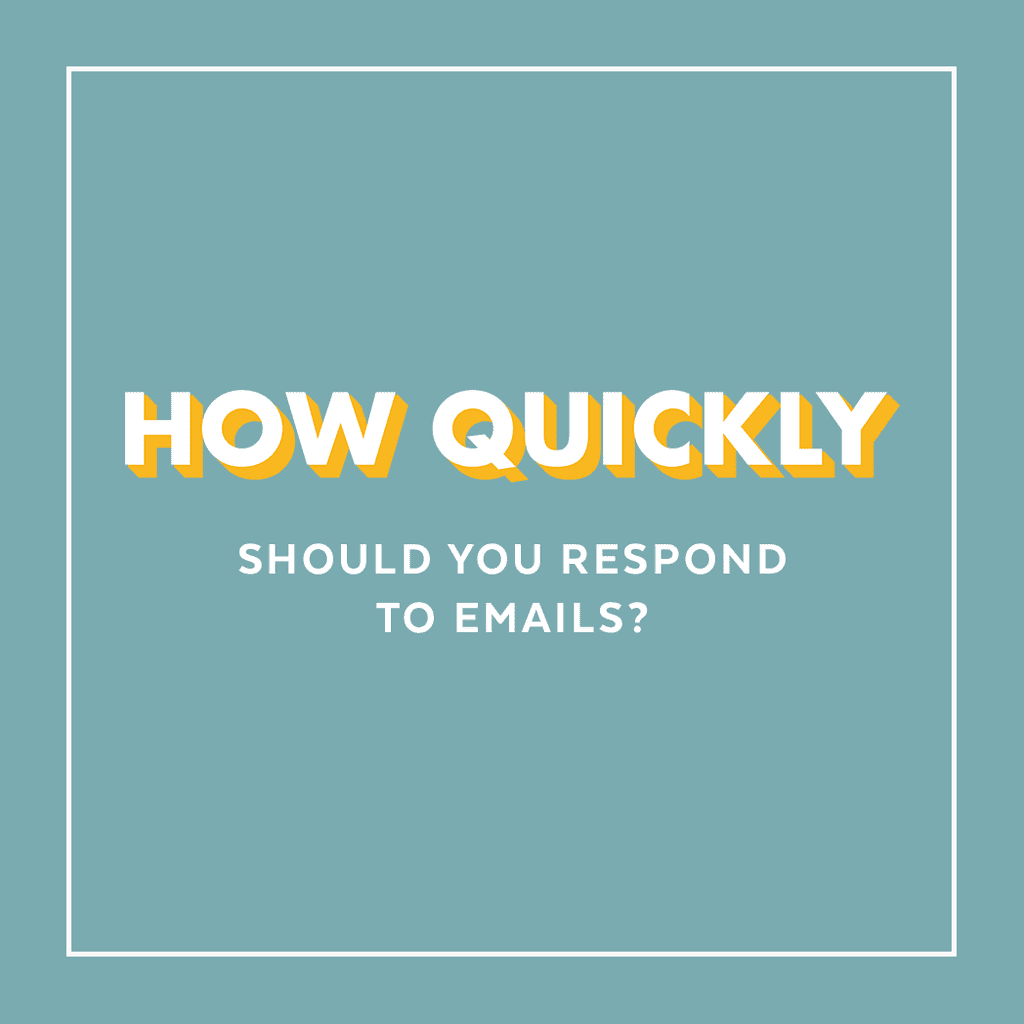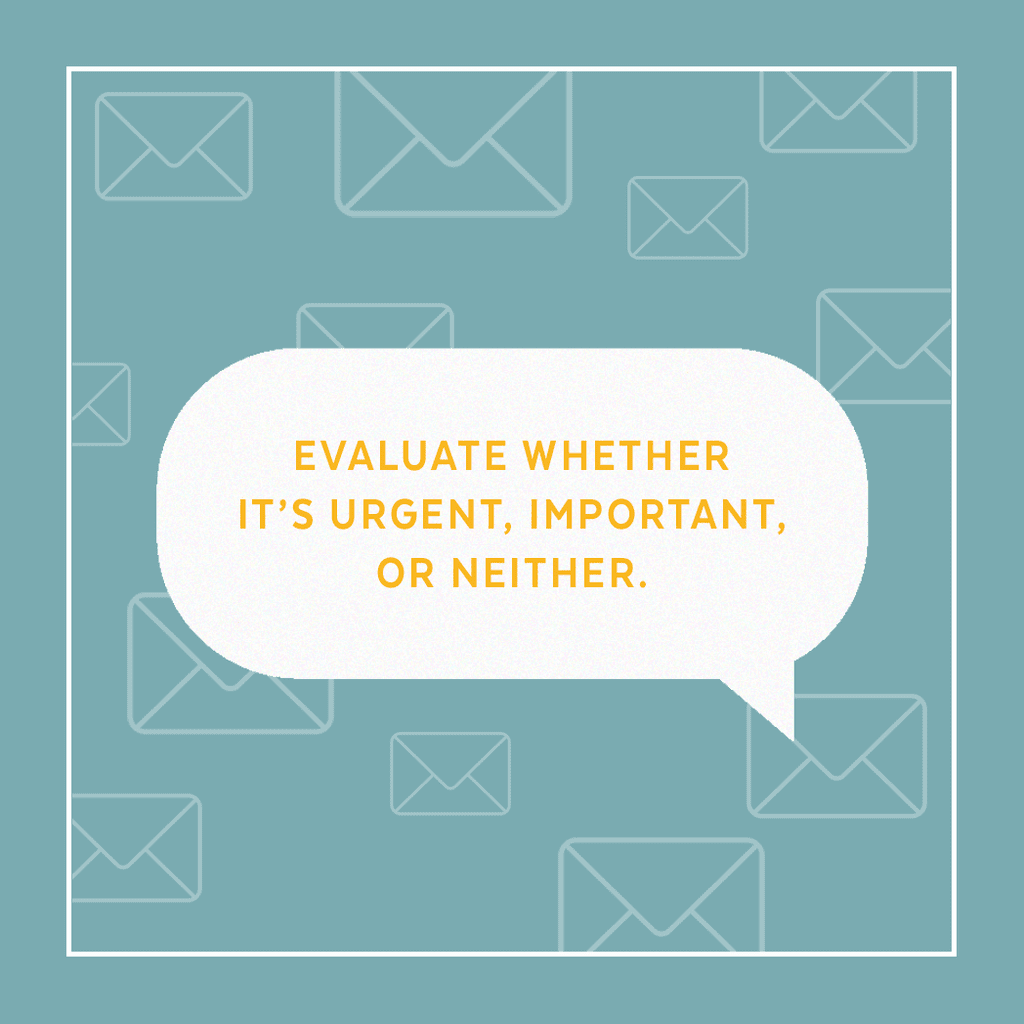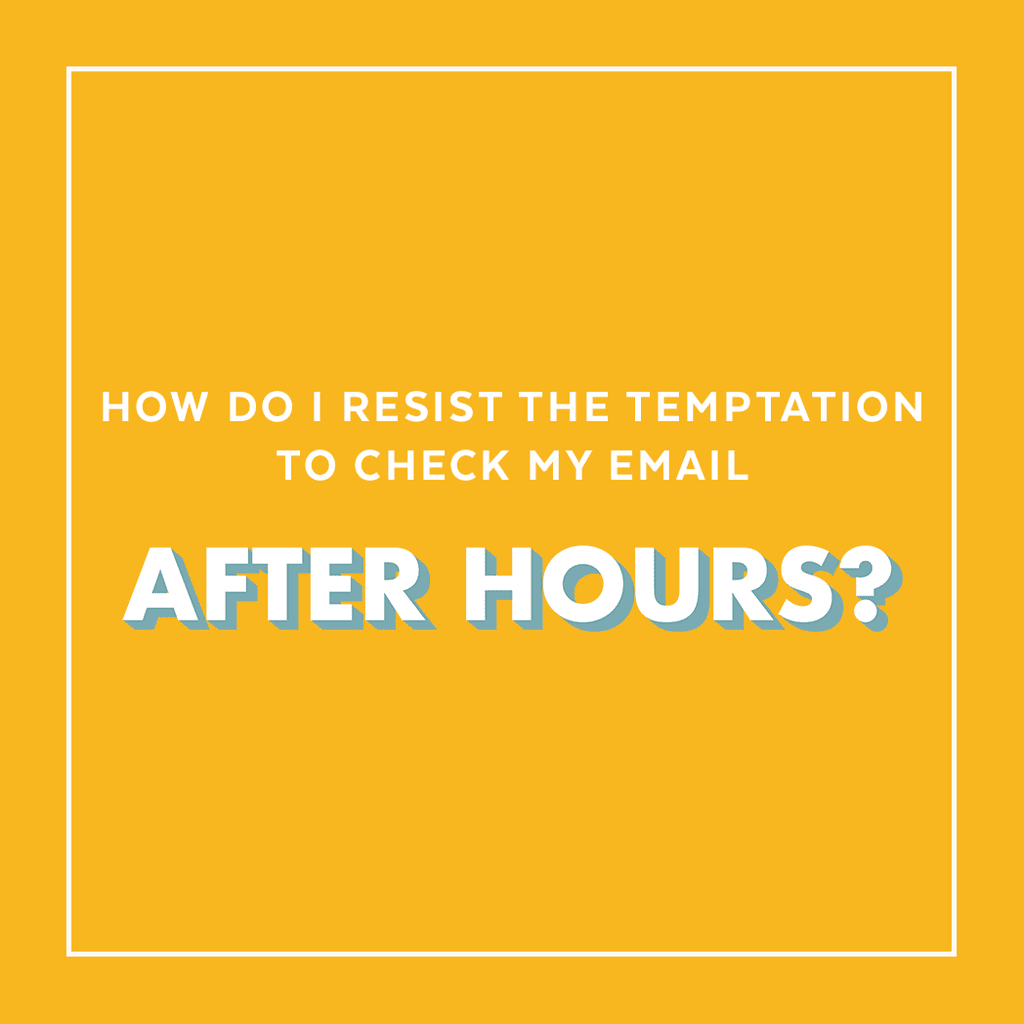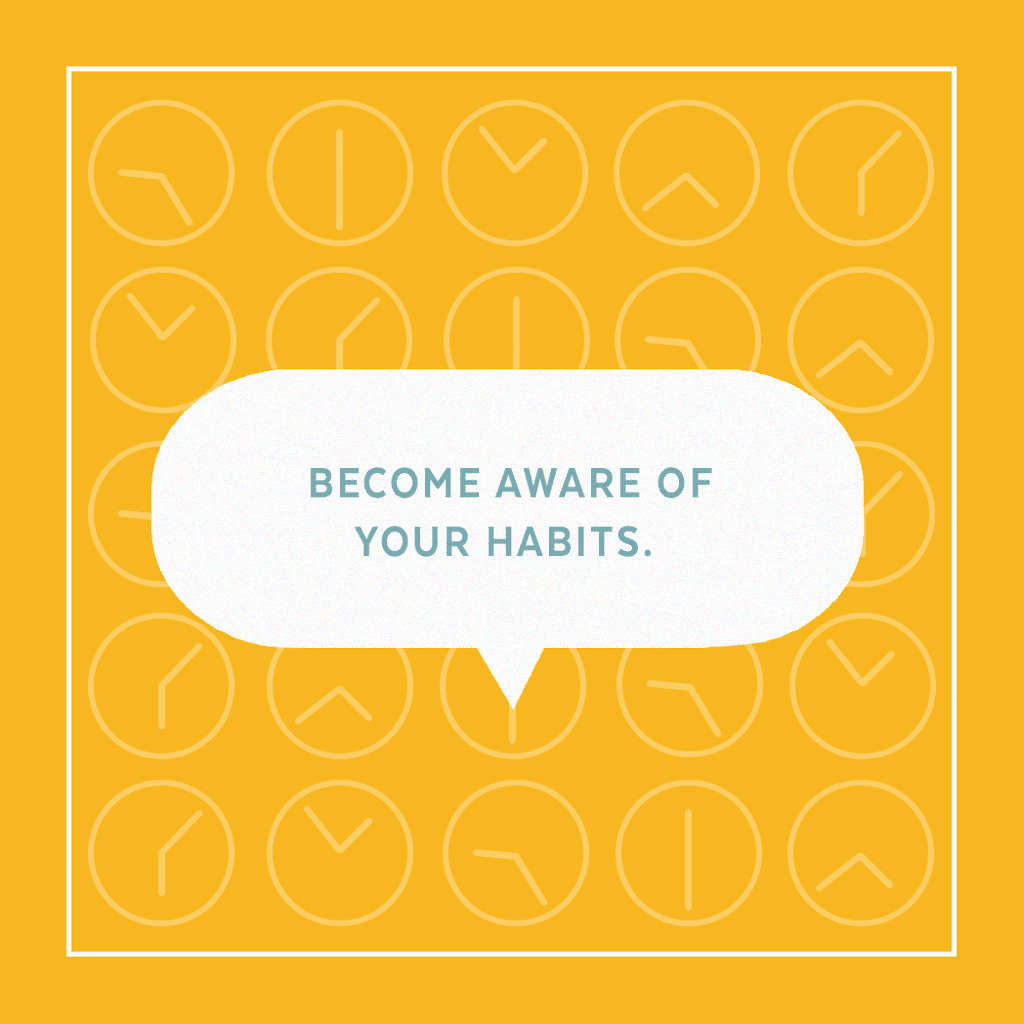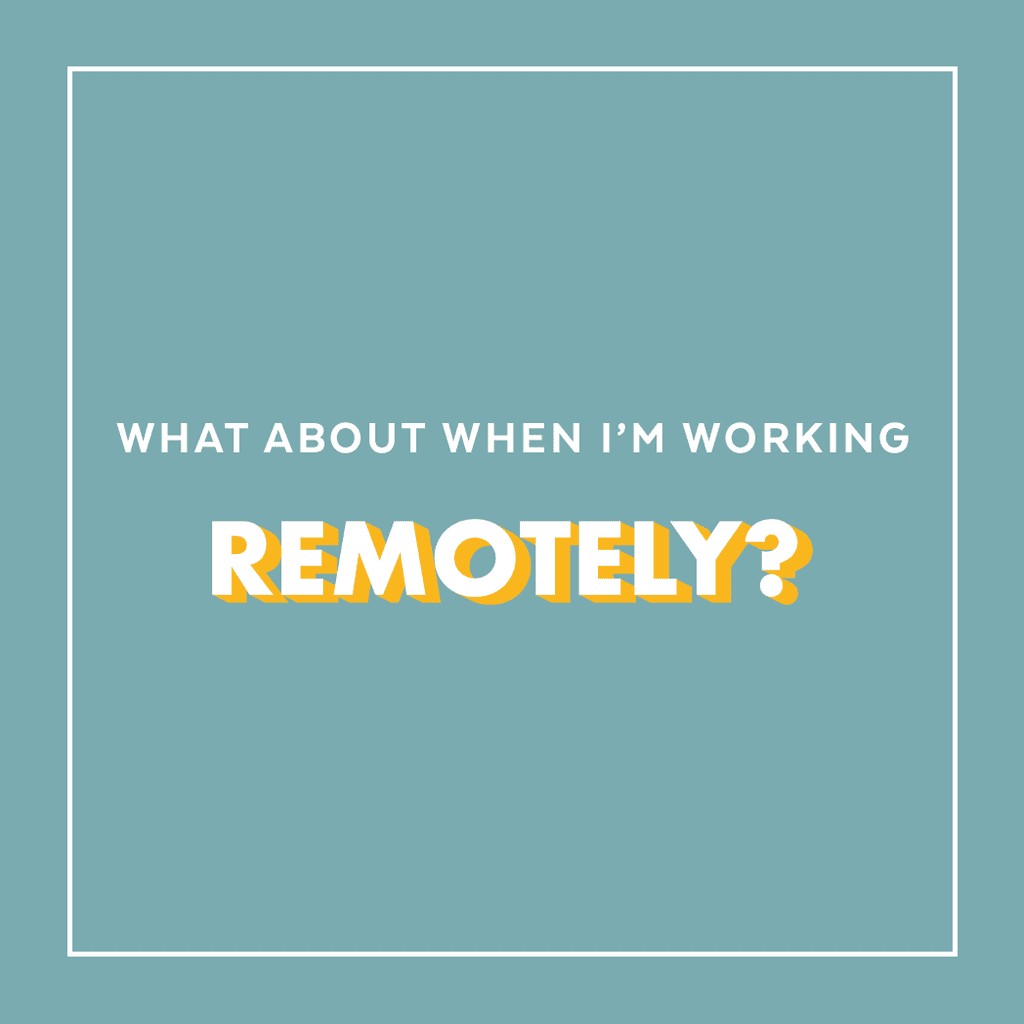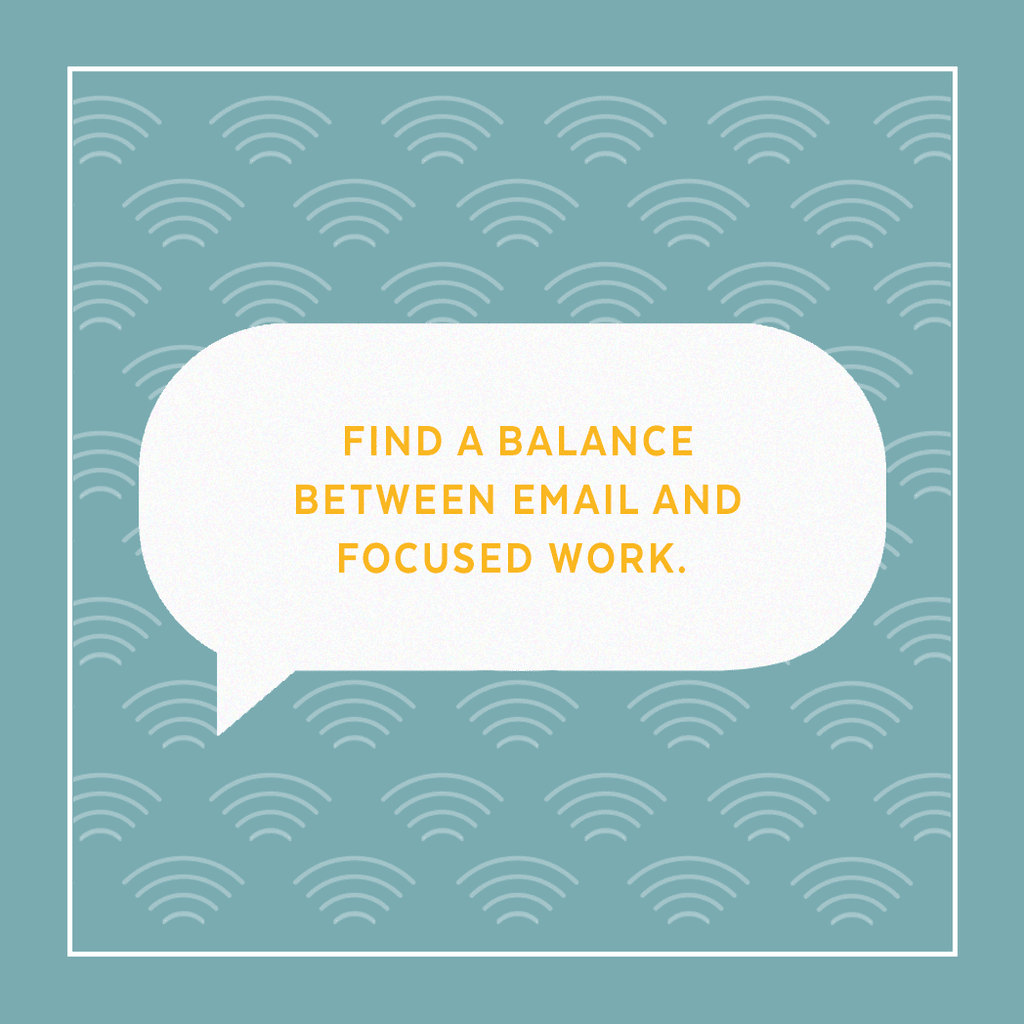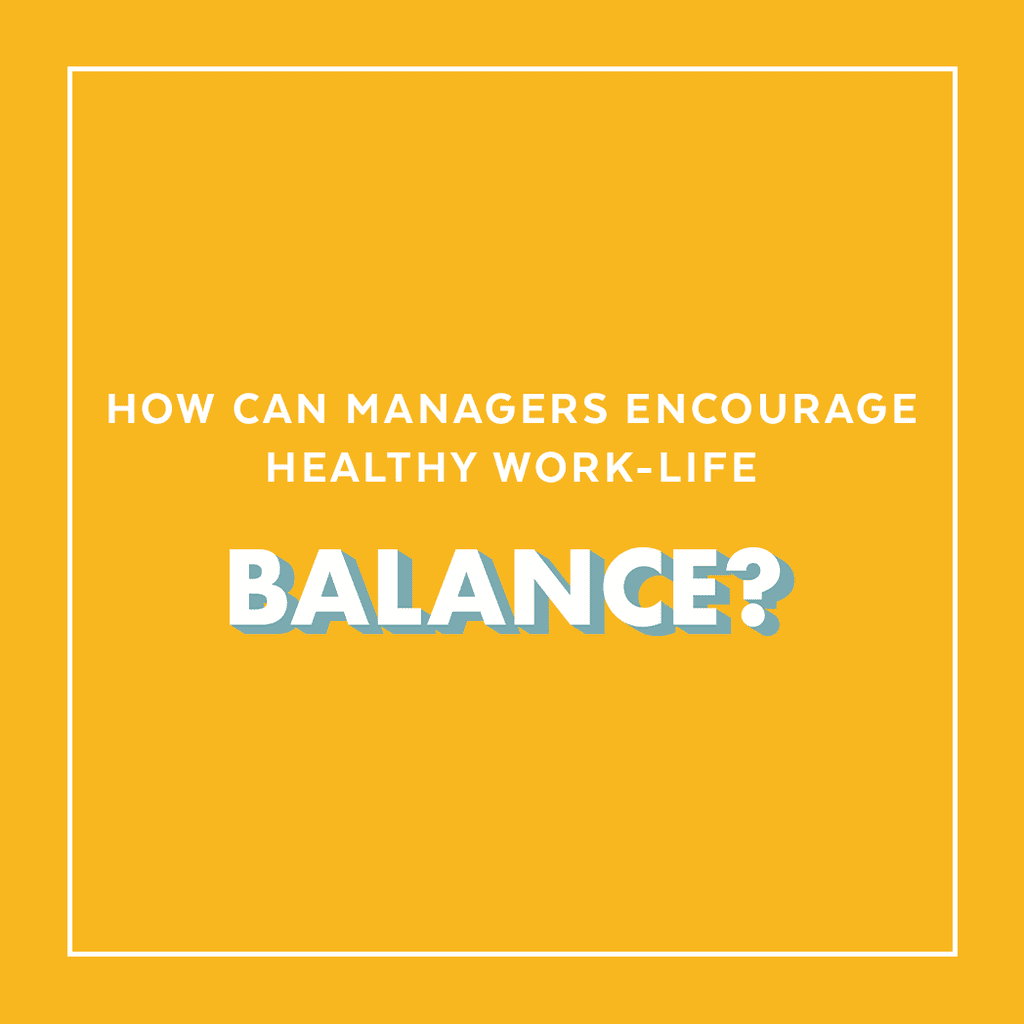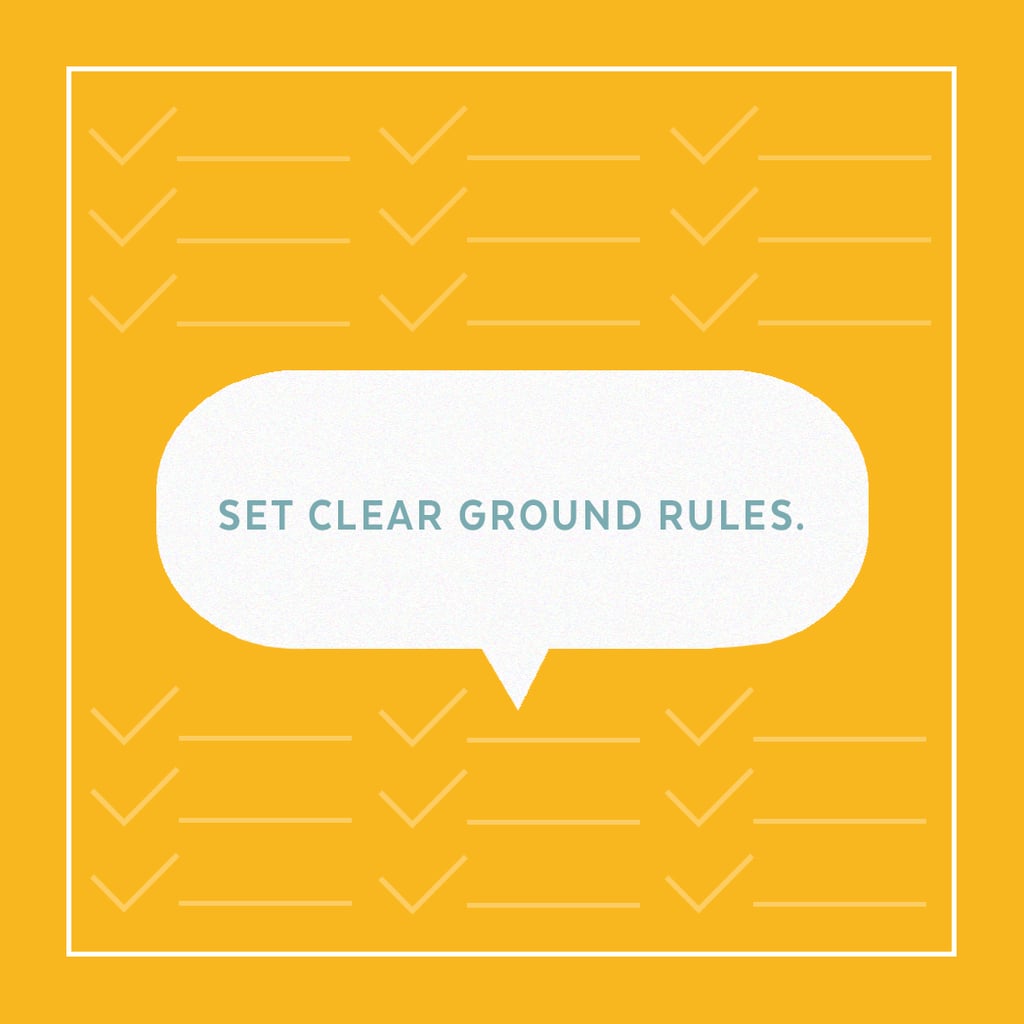Modern life is filled with notifications. Our phones, computers, and tablets are constantly buzzing and lighting up with new emails, text messages, calls, and alerts. Some might be important, and some might be totally irrelevant — but it’s incredibly tempting to look at each and every one.
Colette recommends thinking about how important and urgent each email is. If it’s both important and urgent, you probably want to respond quickly; if it’s important but not urgent, it might be worth taking some extra time to think about your response first. “That gives you time to think about what you need to say, as opposed to banging out a quick response and then thinking, ‘Ooh, how do I recall that email?'” she said.
If you’re not sure whether or not something is urgent, look to your boss or teammates for help. “Team leaders and managers need to understand what the critical time frame for each project or task is,” Colette said. The more clearly managers can set expectations about the organization’s priorities, the better their employees will be able to prioritize.
The ability to check work email on your phone makes it way too easy for work to creep into the rest of your life. When you get a notification — whether through a buzz or an unread icon on an app — it’s so tempting to peek at your inbox, just to see what it is. Curbing that habitual response is the first step in making a conscious decision to stop emailing after hours, even if you’re working from home, according to Colette. “Like any habit, when you want to change it, start to change it slowly,” she said. Maybe you turn off push notifications for your work email on weekends, or set screen-time limits after a certain time each night.
Finding the right balance for your personal life is key — as is not feeling guilty about whatever choice you make. “People feel like if they don’t respond, something bad is going to happen,” or they feel like they’re letting themselves down if they do need to log on after hours, Colette said. Neither choice is wrong, so there’s no need to obsess over whether or not you’re doing the right thing.
When so many more employees started working from home this year, the rules of engagement at work also changed. For one thing, it’s a lot tougher to separate your work life and your home life when you’re videoconferencing from your kitchen table.
A huge part of remote work is communicating with your coworkers, whether that means emailing, instant messaging, calling, or video-chatting. While those tools are great ways to stay connected to your colleagues, Colette also cautioned that constantly responding to messages can detract from the time you spend focusing on your actual work. “It’s about finding a balance and using those tools to help sustain you, instead of distract or derail you,” she said. Rather than responding to every message right away, Colette recommends creating blocks of focus time when you refrain from checking email or responding to messages.
Resisting the temptation to check your email 24/7 isn’t just on employees — managers also have to set a positive example for their teams. Even if she has to work late, Colette said she’ll add a note to emails she sends after hours so her employees know she doesn’t expect a response until the next day. Of course, sometimes your boss might really need you to respond quickly, and it’s up to them to communicate that as well.
The key point for managers to remember? Your direct reports need to know how often you expect them to check email on nights and weekends, how quickly they need to respond, and — most importantly — that you respect their boundaries between work time and personal time. That’s especially important now that so many people are working from home semi-permanently. “If you’re constantly creating that environment where people are always putting out fires,” Colette said, “that’s going to impact morale and potentially lead to burnout.”
Source: Read Full Article
